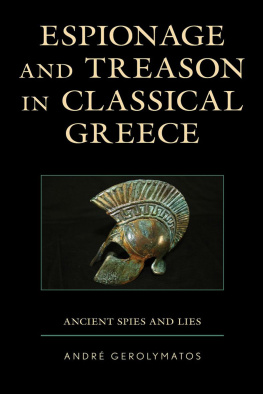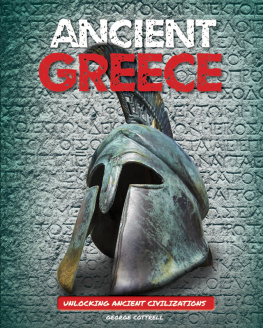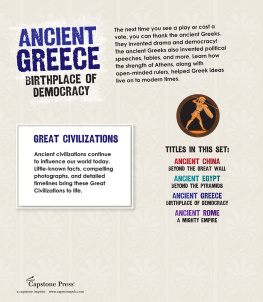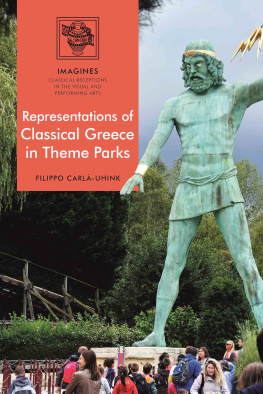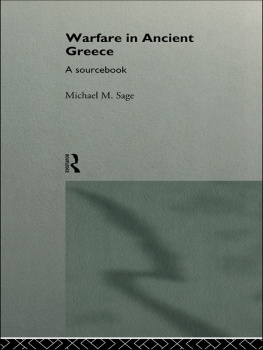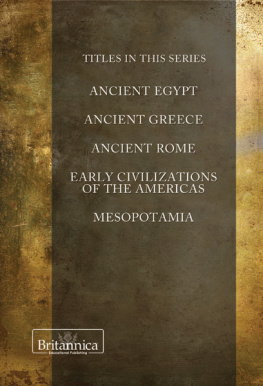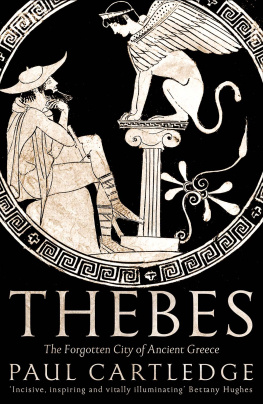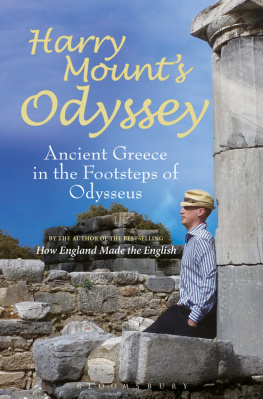Although writing a book is a solitary experience it does require the assistance of researchers and colleagues. I am very grateful to Delia Visscher and Kathy Olenski for their editorial work and the research performed by Jovana Andjelkovic. I am also thankful to Lauren Gilbert for her administrative support and in bringing this project to fruition. I would like to thank Eric Kuntzman for his dedication and guidance, as well as Aali Mirjat for organizing the manuscript. As always, I am grateful to my wife Beverley for her unwavering encouragement in my projects. Finally, I would like to thank the faculty and staff at the Stavros S. Niarchos Foundation Centre for Hellenic Studies at Simon Fraser University.
The publication of IGi3 came after the completion of this study and thus too late for inclusion but an attempt is made below to compensate for this omission with some commentary on emendations to the texts of IG edition minor cited here.
IGi2.10 = IGi3.14: | extensive emendations and revisions which do not affect the short passage (lines 13-14) discussed in this study |
IGi2 .27 = IGi3.27: | according to the reconstruction between lines 13-21, a harm clause was included in the decree |
IGi2.28a = IGi3 .19: | although there are major reconstructions to much of the text the presence of a harm clause as referred to in this study is still retained |
IGi2.55 = IGi3 .55: | extensive emendations between lines 12-17 and 22-24, which fill out the terms of the harm clause(s) |
IGi2.56 = IGi3 .156: | no changes |
IGi2.57 = IGi3 .61: | very minor emendations to lines 10-15, word altered in line 49, major reconstruction to lines 58-62 (beginning of a new decree) |
IGi2.59 = IGi3 .65 | line 9, word changed from praise to inscribe, minor alterations to verb form in line 22 |
IGi2.66 = IGi3 .34: | the new version is so extensively revised as to be virtually a different text but the reference to episkopoi (line 7) remains |
IGIi2.72= IGi3 .162: | line 4, the word Illyrioi is removed; line 5 euergesia is added; line 8 the words polin and stratian are removed and line 15 is partially reconstructed |
IGi2.105 = IGi3.117: | line 3, name changed from Theopompos to Antigenes; line 4 the name of Alkibiades is added; the name of Perikles is reconstructed in line 6 |
IGi2.106 = IGi3.106: | line 2, name changed to Mandrobolos from Aristobolos, enktesis and ateleia removed from line 7 |
IGi2.116 = IGi3 .118: | line 12, five words removed; line 14, four words removed; line 16, four words removed; line 17, three words removed; line 18, four words removed; line 28, the name of Apollo is removed (none of these concern the actual decree of proxenia) |
IGi2.118 = IGi3 .110: | no changes |
IGi2.146 = IGi3 .181: | lines 1-2, the last five letters of the name of the proxenos have been removed as well as the last five letters from the name of the region; line 5, the place name and the name of the proxenos have been removed |
IGi2.149 = IGi3 .167: | lines 1-10, major revisions (introductory formula and preliminary honours) |
IGi2.152 & 154 = IGi3 .164: | several reconstructions and emendations throughout the second part (=IGi2 .154) which do not affect the existence of a harm clause |
IGi2.1034: | not included in IGi3 |
IGii2.27 = IGi3 .92: | no changes except for an earlier date |
IGii2.32 = IGi3 .228: | no changes except for an earlier date |
IGii2.48 = IGi3 .107: | IGi2. 106a: the inclusion of this decree in IGi3 with the date c. 409 B.C. shows a preference for the earlier date suggested by Wilhelm and followed in IGi2 rather than the later one by Kirchner in IGii2 |
(In order of presentation)
Athenian | Page |
Arthmios of Zeleia (Aiskhn. 3.258, Dem. 9.42) | |
Alexandros of Makedonia (Hdt. 8.136) | |
Nymphodoros of Abdera (Thouk. 2.29.1) | |
Aristonous of Larissa (Thouk. 2.22.3, IGi2.55) | |
Three Illyrians (IGi2.72) | |
Kallippos of Gyrton (IGii2.27) | |
Polykles, Peraieos and Aristoboulos of Byz. (IGi2.106) | |
Apollodoros of Selymbria (IGi2.116) | |
Arkhelios and Heraklides of Byzantion (Dem. 20.60) | |
Philinos of Byzantion (IGii2.76) | |
Phanokritos of Parion (IGii2.29) | |
Philiskos of Sestos (IGii2.133) | |
Apemantos of Thasos and his sons (IGxii.8.263.6) | |
Ekphantos of Thasos & his associates (Dem. 20.59-62) | |
Athenian Proxenoi in Mytilene (Thouk. 3.2.3) | |
Apollonophanes of Kolophon (IGi2 .59) | |
Nikias of Gortyn (Thouk. 2.85.5) | |
Peithias of Korkyra (Thouk. 3.70.3) | |
Lapyris of Kleonai (IGii2 .365) | |
Spartan and Pro-Peloponnesian | Page |
Strophakos of Pharsalos (Thouk. 4.78.1) (proxenos of the Khalkidians) | |
Polydamas of Pharsalos (Xen. Hell. 6.1.2) (proxenos of Sparta) | |
Xenias of Elis (Xen. Hell. 3.2.27; Paus. 3.8.4) (proxenos of Sparta) | |
Klearkhos of Sparta (Xen. Hell. 1.1.35) (proxenos of Byzantion) | |
The Korinthian Proxenoi in Korkyra (Thouk. 3.70.1) | |
Theban (Boiotian) | Page |
Thrason of Athens (Aeskhn. 3.138-139) | |
A Citizen of Byzantion (IGvii.2408) | |
Athenaios of Makedonia (Roesch 1982: 143-144) | |
Athenodoros of Tenedos (IGvii.2418) | |
(in order of presentation)
1) Menekrates of Oianthea: (proxenos of Korkyra) | one of the earliest recorded examples of proxenia. |
(IGix. 1.867) |
2) Kimon of Athens: (proxenos of Sparta) | advocated Athenian-Spartan alliance and friendship. |
(And. 3.2.) |
3) Nikias of Athens: (proxenos of Syracuse) | advised against expedition to Syracuse.(Diod. 13.27) |
4) Kallias of Athens: (proxenos of Sparta) | made several diplomatic efforts to improve Athenian-Spartan relations. |
(Xen. Hell. 6.3.35) |
5) Herakleides of Klazomenai: (proxenos of Athens) | ca. 424 B.C. assisted Athenian embassy to court of the Great King which resulted in the continued neutrality of Persia. |
(IGii2 .8; And. 3.29) |
6) Alkibiades of Athens: (proxenos of Sparta) | sought and received political asylum from the Spartans. |
(Thouk. 5.43.2) |
7) Decrees of Proxenia Destroyed by the Athenian Oligarchs. | 404-403 B.C. rule of the Thirty Tyrants resulted in the destruction of decrees of proxenia granted by the democrats. |
Next page
